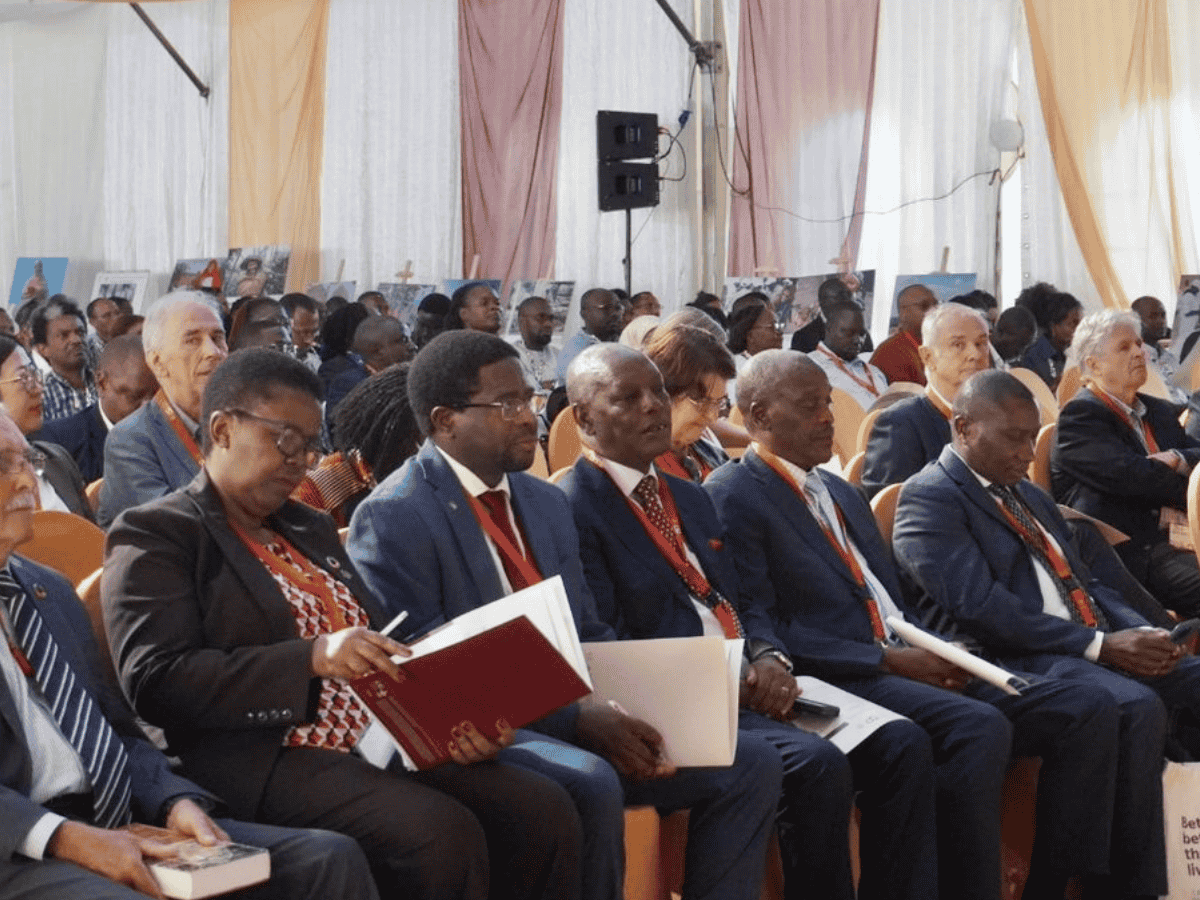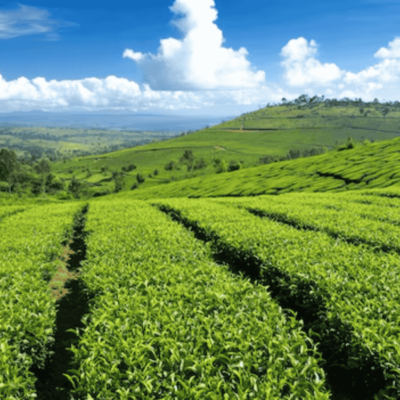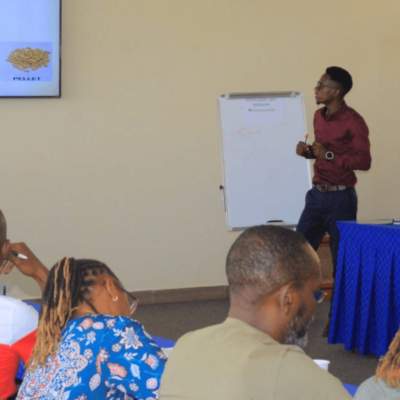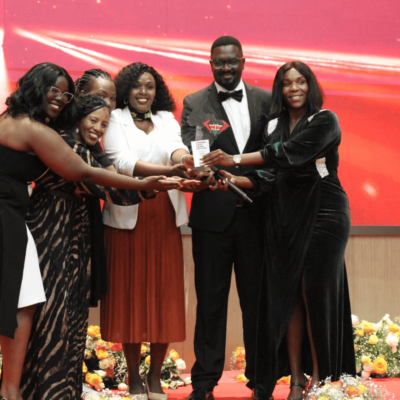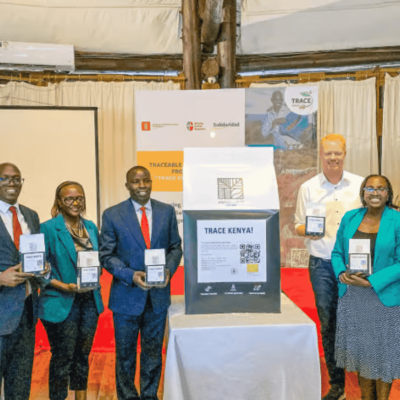KENYA – The International Livestock Research Institute (ILRI), renowned for its pioneering research and commitment to improving food security and reducing poverty, is celebrating 50 years of transformative contributions to the global livestock sector.
This milestone coincides with the launch of ILRI’s 2024–2030 corporate strategy, aimed at amplifying its impact on sustainable livestock systems.
Legacy of livestock research
Founded on September 21, 1994, through a landmark agreement involving the governments of Kenya, Ethiopia, Denmark, Sweden, Switzerland, and the United Nations Environment Programme, ILRI operates with dual headquarters in Nairobi, Kenya, and Addis Ababa, Ethiopia.
As one of 15 CGIAR research centers, ILRI collaborates with a diverse network of global partners to address the pressing challenges of livestock productivity, climate resilience, and environmental sustainability.
For five decades, ILRI has been instrumental in developing innovative livestock solutions tailored to specific regional needs, combining cutting-edge research with practical applications.
Its work spans key areas, including livestock genetics, forage development, disease control, and policy advocacy, ensuring a holistic approach to strengthening livestock systems worldwide.
Driving sustainable growth in Kenya
In Kenya, ILRI has been a key partner in advancing the agricultural sector, aligning its initiatives with national priorities such as the Agricultural Sector Transformation and Growth Strategy (ASTGS) and Vision 2030.
Through collaborations with the Kenya Agricultural and Livestock Research Organization (KALRO) and other stakeholders, ILRI has spearheaded impactful projects aimed at transforming livestock productivity in Africa.
These initiatives include the Tropical Poultry Genetic Solutions (TPGS) project, which focuses on enhancing poultry productivity through improved genetics, and the African Dairy Genetic Gains (ADGG) program, dedicated to boosting dairy production with advanced breeding strategies.
Additionally, ILRI has made significant strides in vaccine research, pioneering solutions for diseases such as contagious bovine pleuropneumonia, a critical challenge in livestock health.
“ILRI’s ability to combine global expertise with local understanding has made it an invaluable asset to Kenya. Its new strategy aligns seamlessly with Kenya’s Vision 2030, promising sustainable growth and improved livelihoods,” Dr. Andrew Karanja, Cabinet Secretary for Agriculture and Livestock Development, commended ILRI’s contributions.
Bold strategy for 2024–2030
ILRI’s newly unveiled strategy, Unlocking Sustainable Livestock’s Potential Through Research for Better Lives and a Better Planet, outlines two core objectives aimed at transforming the livestock sector.
The first objective focuses on co-designing sustainable innovations by developing targeted interventions tailored to diverse livestock systems, fostering resilience and equity across communities.
The second emphasizes leveraging evidence for policy and investment, providing actionable insights to guide informed decision-making and drive impactful changes in the industry.
The strategy emphasizes collaboration, inclusivity, and resource mobilization to impact over 300 million people globally.
“Building on our legacy, this new strategy represents a critical step forward in harnessing the power of livestock research for transformative change,” said ILRI Director General Prof. Appolinaire Djikeng.


